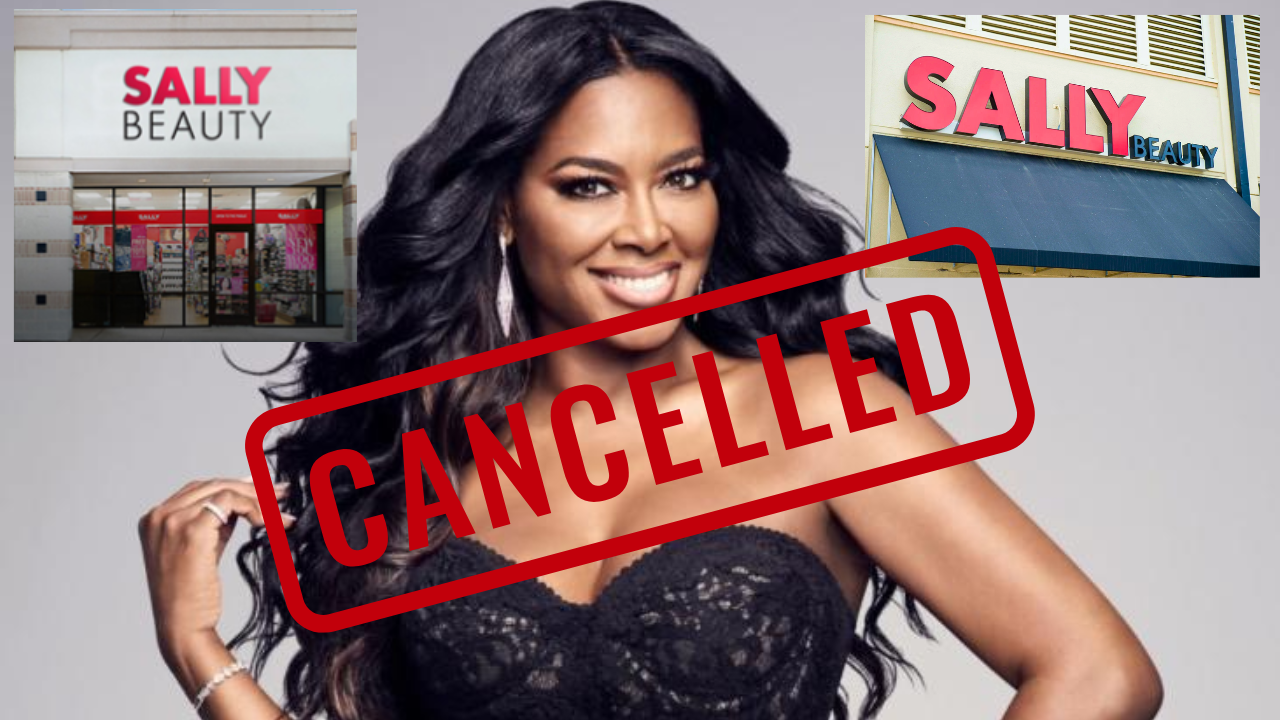In the glittering world of reality TV, where drama and glamor often overshadow substance, one man stood out—not just for his charisma but for his courage. Ahmad “Real” Givens was more than a TV personality; his life became a rallying cry for awareness and early action against a silent but growing health crisis.
But here’s the question: how did a beloved reality star end up leaving such a profound mark on health advocacy?
In this article, we’ll uncover how Ahmad Givens transitioned from entertaining millions on screen to educating millions off it—shedding light on the alarming rise of early-onset colon cancer and the lessons his legacy offers us today.

1. Rising to Stardom: A Glimpse Into Ahmad “Real” Givens’ Life
The Reality TV Boom of the 2000s
Do you remember the golden age of reality TV? Shows like Flavor of Love and I Love New York ruled the airwaves, giving us unscripted drama and unforgettable characters. For Ahmad “Real” Givens and his brother Kamal “Chance,” this was their ticket to fame.
The duo captured hearts with their humor, authenticity, and irresistible charm. Their success on I Love New York catapulted them into their own VH1 spinoff, Real Chance of Love, where they searched for love amid hilarity and heartbreak.
Ahmad’s X-Factor
Unlike many reality TV stars, Ahmad stood apart. It wasn’t just his signature flowing hair or his relaxed demeanor—it was his sincerity. Fans didn’t just watch him; they rooted for him. Beneath the glitz, there was a realness that resonated deeply with viewers.

Yet behind the scenes, Ahmad’s story would take a sudden, devastating turn—one that would change his life and legacy forever.
2. The Diagnosis That Shattered Assumptions
The Unexpected News
In 2013, at just 32 years old, Ahmad was diagnosed with stage 4 colon cancer. Colon cancer? At his age? The diagnosis shocked fans—and illuminated an alarming trend.
Did you know colorectal cancer cases among young adults have risen by 50% since the 1990s? It’s no longer just a “disease of the elderly,” and Ahmad’s story became a wake-up call.

Symptoms Too Often Ignored
Ahmad had symptoms many of us might brush aside:
- Persistent abdominal pain.
- Unexplained weight loss.
- Changes in bowel habits.
Would you have connected these to something as serious as cancer? Most wouldn’t—and that’s the problem. Too often, these red flags are misdiagnosed or dismissed entirely.
Turning Pain Into Purpose
Instead of retreating into privacy, Ahmad went public with his fight. Through interviews and social media, he shared the realities of living with cancer, giving a face to a disease often spoken about in hushed tones.
He didn’t just fight for himself; he fought to educate others, urging his fans to listen to their bodies and advocate for their health.
3. Colon Cancer in Young Adults: A Growing Crisis
Breaking the Myths
For decades, colon cancer was considered an “old person’s disease.” Ahmad’s story shattered this misconception. Today, more young adults are being diagnosed than ever before—but why?
Experts point to factors like:
- Poor diet and sedentary lifestyles.
- Delayed screenings due to age-based guidelines.
- Disparities in healthcare access, especially among minorities.
Health Inequities in Focus
Ahmad’s journey also highlights a troubling reality: African Americans face a 20% higher risk of developing colon cancer and a 40% higher death rate compared to other racial groups. Why? Barriers like limited access to screenings and culturally rooted stigmas around discussing health issues play a major role.
Organizations like the Colorectal Cancer Alliance are working to bridge these gaps, but more work remains.
4. Lessons from Ahmad “Real” Givens: What His Legacy Teaches Us
Vulnerability Is Strength
Ahmad’s decision to share his battle publicly wasn’t just brave—it was transformative. By opening up, he normalized conversations about colon cancer and inspired countless others to prioritize their health.
Family as a Driving Force
Through it all, Ahmad’s devotion to his wife and young son was evident. His love for his family fueled his fight, reminding us that health struggles are never fought alone.
Advocacy in Action
Ahmad’s legacy is a call to action. Whether it’s pushing for earlier screenings, supporting cancer research, or simply sharing his story, we all have a role to play in turning awareness into change.
5. Moving Forward: How You Can Honor His Legacy
Know the Guidelines
Early detection saves lives, and new guidelines reflect the urgency:
- Average-risk individuals should begin screenings at age 45.
- Those with a family history or risk factors should consult their doctor about starting even earlier.
Embrace Preventive Steps
Simple lifestyle changes can make a big difference:
- Eat Smart: Focus on fiber-rich fruits, vegetables, and whole grains while limiting red and processed meats.
- Stay Active: Regular exercise reduces cancer risk.
- Cut Tobacco and Alcohol: Both are linked to higher cancer rates.
Advocate for Awareness
You don’t need a platform like Ahmad’s to make a difference. Start by:
- Encouraging loved ones to get screened.
- Sharing stories like Ahmad’s to spark conversations.
- Supporting organizations that fight for better healthcare access and research funding.
Conclusion: A Legacy That Lives On
Ahmad “Real” Givens left us far too soon, but his life—and his fight—continues to inspire. He reminded us that health is wealth, that vulnerability is a superpower, and that no battle is fought in vain if it helps others.
The question now is: What will you do with the lessons he left behind? Will you prioritize your health? Speak up for others?
His story isn’t just a tribute—it’s a challenge to us all.
Sidebar: Don’t Ignore the Warning Signs
Early symptoms of colon cancer can include:
- Persistent abdominal discomfort.
- Blood in stool or rectal bleeding.
- Unexplained weight loss.
- Fatigue and weakness.
- Changes in bowel habits lasting more than a few days.
Listen to your body. Don’t dismiss the signs. Talk to your doctor—and advocate for your health.




